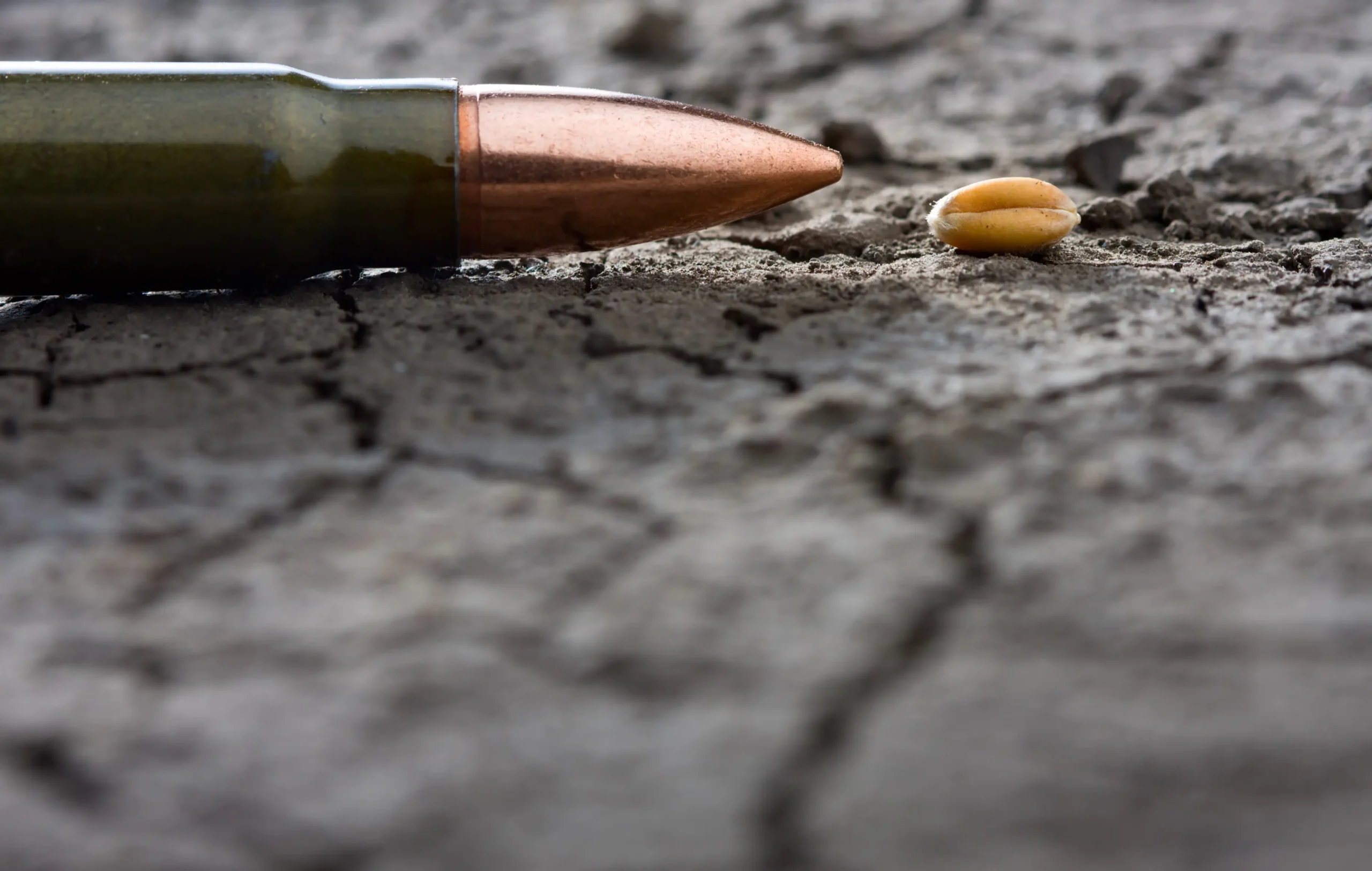3 Nov 2024
Harris’s Hollywood vs Trump’s Evangelicals
As the U.S. election looms, former President Donald Trump and Vice President Kamala Harris are both working to mobilise their supporters, ensuring strong voter engagement by Election Day on November 5. While both campaigns employ similar tactics, the Harris campaign has followed recent Democratic strategy by leveraging celebrity endorsements to inspire younger voters, who historically have lower turnout rates but tend to lean Democratic. This challenge with young voters, contrasts with the Trump campaign’s stronger base among White Evangelicals, who, despite not making up a majority of the population, reliably vote in large numbers across the United States (U.S.). The Harris campaign’s reliance on Hollywood celebrities highlights the industry’s alignment with liberal causes and the need to mobilise young voters, compared to the consistent support Trump receives from conservative religious groups, who form a reliable voter base. The divide between Harris’s Hollywood and Trump’s Evangelicals is another representation of another dividing line in the U.S. and raises questions.
11 Apr 2023
Between Grain and AK-47s: Russian Influence in Africa
The Russian presence in Africa has recently increased after a decline of nearly three decades since the dissolution of the Soviet Union in the nineties of the last century. Russian-African relations are part of Russia's new strategy to enhance its international influence. This strategy conforms to Russia's situation in international affairs, including its support for countries that contradict Western policies. Moscow has focused its influence on the West African region, taking advantage of Western policy mistakes, the mounting anti-European sentiment, and the long-standing failure of international and domestic actors to address the root causes of the regional instability. The first Russian-African summit in Sochi in October 2019 concluded contracts with more than 30 African countries for the supply of weapons and military equipment. It thus opened the door for state-backed companies to invest heavily in the security and technology sectors and industries that extract natural resources such as oil, gas, gold and other minerals.
On the other hand, the Russian-Ukrainian conflict did not impede this rapprochement but rather contributed to developing the partnership between the two parties to take the form of a strategic alliance. This was apparent in the speeches and statements of President Vladimir Putin, the most prominent of which was the speech he delivered at the International Parliament Conference "Russia - Africa in a Multipolar World", which was held in Moscow in March of this year on the sidelines of Saint Petersburg preparations for the second coming Russian – African summit to be held in July 2023. Putin reiterated that cooperation between Moscow and African countries was and will always be one of the top fixed priorities of Russia's foreign policy, declaring Russia's fulfilment of all its obligations, including supply of food, fertilisers, fuel and other essential products to the countries of the continent, which helps ensure food and energy security.
In light of the ongoing Russian-Ukrainian conflict, this analysis aims to shed more light on the motivations and characteristics of the Russian strategy in Africa. It also seeks to highlight the challenges to Russian influence expansion as well as the prospects for Russian-African relations in the future.

